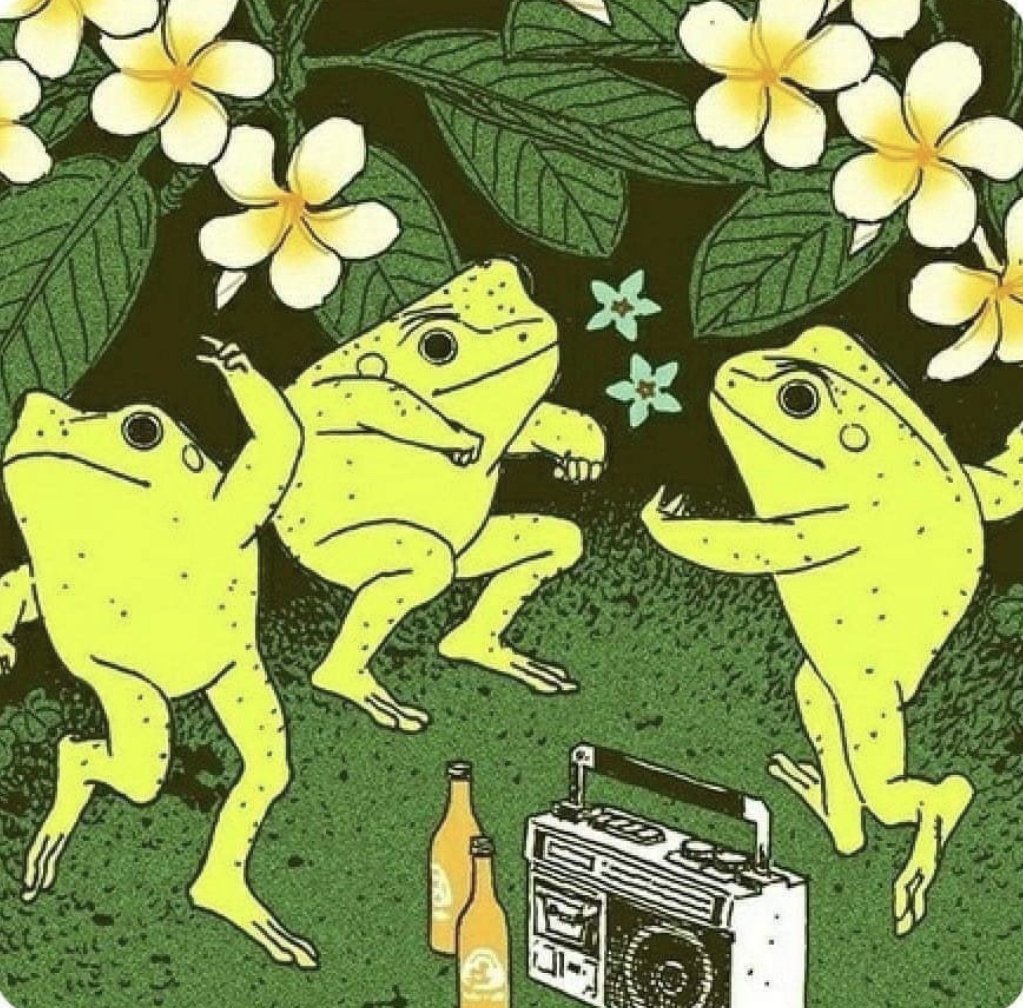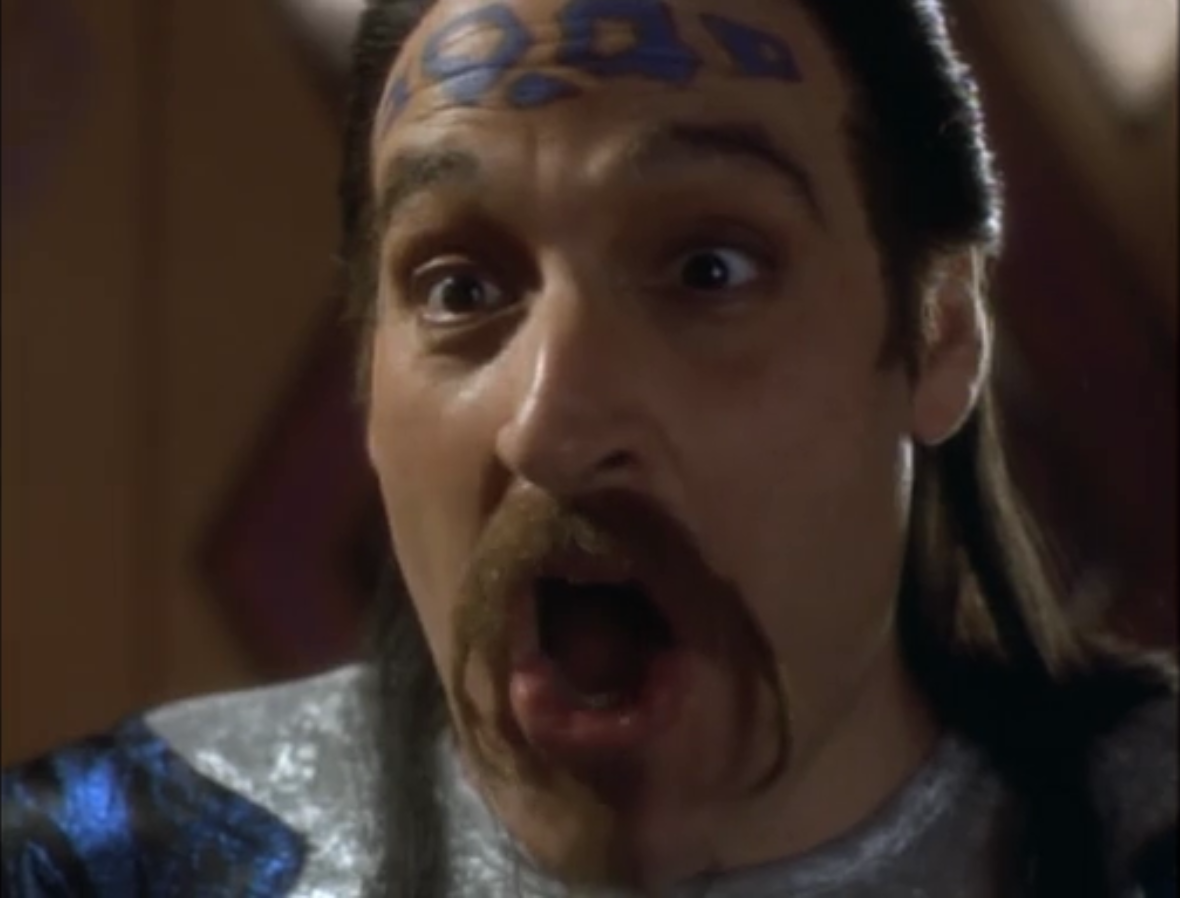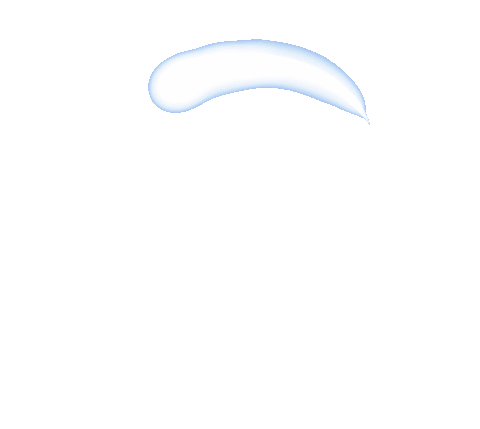It was never needed in the past and ads no context that a simple exclamation point or bold letters could do if a person wants to add emphasis.
Looking for an explanation, yes? It’s a linguistic convention, totally. I mean, you know, we add a lot of unnecessary words, like, serious. It’s superfluous verbage. Look, I know it seems to be a recent thing, but it’s, like, been going on for a long time, right?
The cheek in this comment, tho
I think this has been my favorite answer in any of these threads. So concise and tongue in cheek, I love it.
trump speech writer
It does add context though.
If I just said “it adds context”, it’s not seen as a counterclaim to your claim. It’s just a new standalone statement.
This is the correct answer. It doesn’t address the multiple mistakes in English and spelling that the OP ended up writing, though. Nor does it address the spelling variant, although that does not seem to be the particular focus of the original enquiry.
Nor does it address the spelling variant
Tho = 3 letters, all necessary
Though = 6 letters, 3 unnecessary
So, brevity.
I kno.
I no*
ik
I sort of use it like as a hybrid of
yes andyes butMight be the people-pleaser in me but I find it helps to make a contention both more palatable to hear and likely to be engaged with since you’re agreeing but also clarifying where you sense incongruity
Language changes over time tho
I’ll be your huckleberry tho.
I just want people to stop using “to” when they mean “too”, maybe it’s my adhd brain, but that is not something I can just read through. It pretty much always throws me off and I have to reread the sentence.
It do be like that tho
They don’t think it be like it is tho
But it do. Tho.
(Shameless self-promotion: if you like this subject, consider [email protected] )
It’s being used as an adversative conjunction, connecting a phrase (usually a clause) with whatever precedes it, in a way that highlights that the precedent would incorrectly imply something. Here’s a set of examples showing it:
- “That ‘tho’ is like a ‘but’. But it’s used at the end of the sentence.”
- “That ‘tho’ is like a ‘but’. It’s used at the end of the sentence tho.”
- “That ‘tho’ is like a ‘but’. It’s used at the end of the sentence.”
#1 and #2 are equivalent: the first sentence introduces an information (that “tho” is like a “but”), that information implies something incorrect (if “tho” is like a “but”, it goes at the start of the sentence, right?), and the second sentence contradicts said implication (nope, “tho” goes at the end). With the “but” or the “tho”, that contradiction is explicit.
Now look at #3 - it sounds like [incorrectly] saying that “but” goes at the end of the sentence, unlike #1 or #2.
A conjunction going after the elements being “conjoined” might sound a bit weird, but it’s nothing new, or English exclusive. Latin for example used -que (additive conjunction; “and”) this way: first you list the items being conjoined, then plop a -que at the end. (Classical examples: “arma uirumque cano” [I sing the arms and men] and “Senatus Populusque Romanus” [Roman Senate and People]).
Now, on why it’s being used this way: there’s the spelling and the increased usage.
“Tho” as a short form for “though” is old; Merrian-Webster claims that it was already uncommonly used in the 18xx. It’s just that, nowadays, it became more socially accepted in informal writing, due to increased usage. This sort of “grammatical word” (conjunctions, articles, adpositions, copula verb etc.) tends to be rather small, both phonetically and spelling-wise.
And the usage of “though” as an adversative conjunction is attested from the 12th century. Probably even older since cognates in other Germanic languages also have the adversative meaning.
I’m not sure on what I’m going to say next, but I think that the increased modern usage is the result of some changes on how people interpret “but”. Some have been treating it as if it contradicted everything said before, like:
- Alice: “I wanted a banana pie. Not an apple pie.”
- Bob: “Why do you hate apples?”
- Alice: “I like apples, but I like bananas better.”
- Bob [who stopped hearing at the “but”]: “THAN U DUN LIEK APPLES!”
That probably led to increased usage of “though” because it’s used after whatever you said the relevant piece of info. So it’s basically a way to cut short an assumption before it even happens.
Chan its polite tho
Chan, I’m so glad I’m not the only one who immediately thought of this, tho.

Chan because it would be rude not to tho
Using “though” has a long history.
Tho is just for brevity, like drive-thru instead of drive-through.
It does soften language that could otherwise be mistaken for harshness tho
You don’t think it be that way, but it do tho.
You’ll get used to it tho. Sike!! Not!!!
Chan I love Derek Jacobi in this episode tho
Shouldn’t be a problem, tho.
deleted by creator
deleted by creator













